Pathologising normal behaviour or a lifeline for many?
A look into the role TikTok plays in presenting information about ADHD
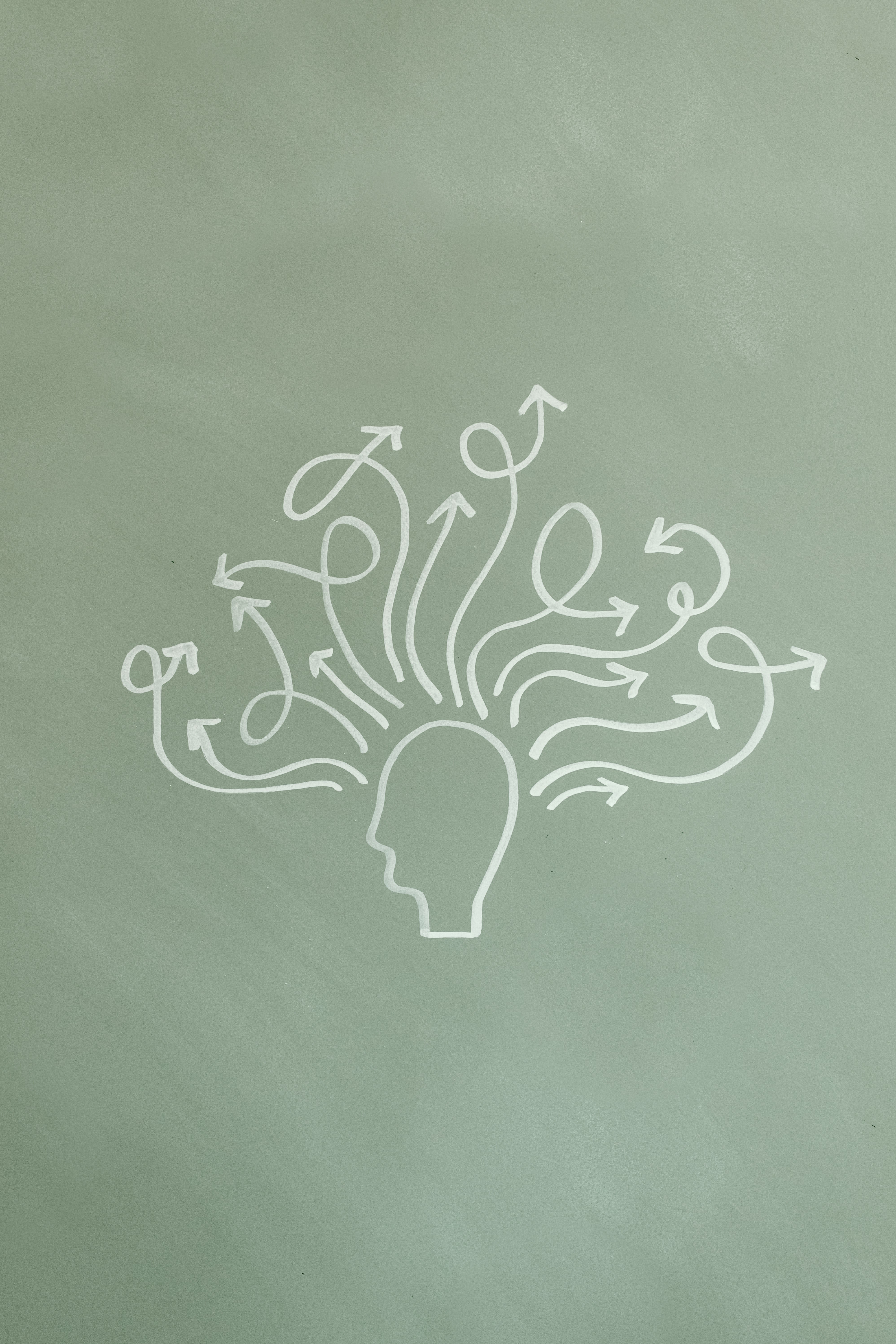
There are more people with a working diagnosis of ADHD and more seeking out a diagnosis than ever before. The figures suggest this trend will continue to rise.
Whilst the reasons for this remain unclear so far, some observers have put it down to the widespread content being shared on social media such as TikTok, surrounding the disorder.
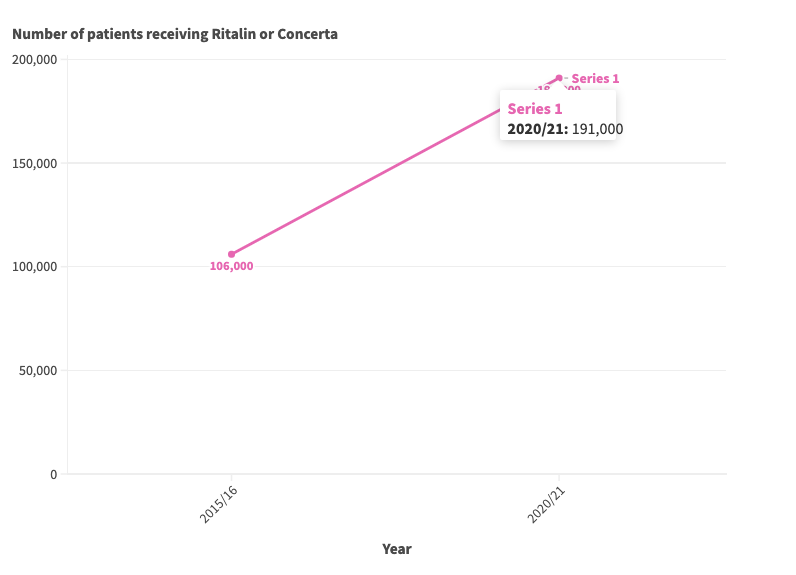
Made with Flourish
Made with Flourish
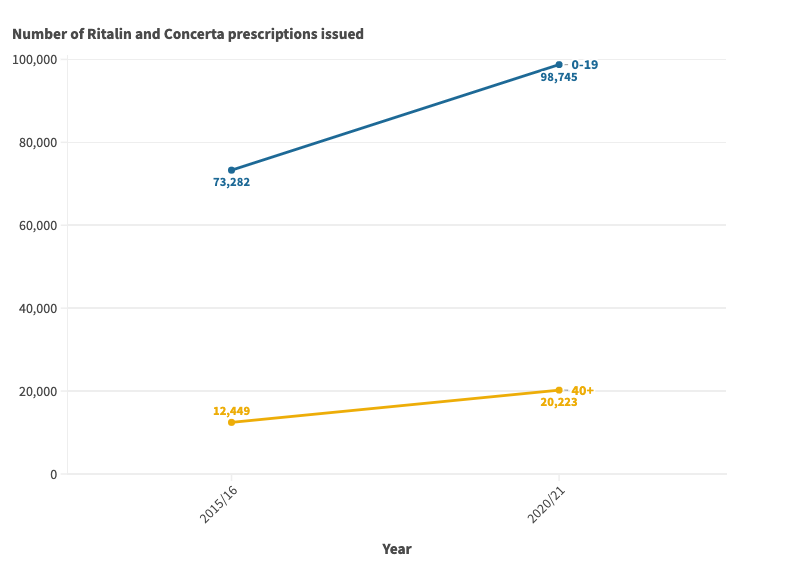
Made with Flourish
Made with Flourish
Content on TikTok surrounding ADHD can range from content creators signposting symptoms, talking about their own experience, and offering advice on how to manage their disorder.
Videos dubbed “Top 5 things you didn’t know were ADHD” or “POV: you have ADHD” have been criticised for oversimplifying the disorder, and “pathologizing” sets of seemingly normal human behaviour such as forgetfulness and frustration.
ADHD is a neuro-developmental disorder that affects people’s behaviour, influencing an individual’s ability to focus and concentrate and/or hyperactivity and impulsiveness.
Mark Wilson, 56, a cognitive behavioural psychotherapist from Sheffield explains how ADHD is experienced differently but dysphoric responses are common in many cases.
“It’s the pervasive sense that trying to start to do things that aren’t easy is harder for them”, he said of ADHD patients.
A disorder that has been characterised as being in “crisis”, ADHD has been chronically under-diagnosed and misunderstood for too long. So, does the way TikTok presents information on the disorder run the risk of over-diagnosis, or is it a lifeline for those who haven’t been heard or understood for most of their life?
Hester Grainger, 45, runs the consultancy firm ‘Perfectly Autistic’ and was diagnosed with ADHD at the age of 43 after her children received a diagnosis in the Covid-19 lockdown.
She hails the impact social media has when it comes to discussing ADHD and other neurodivergent conditions such as autism spectrum disorder (ASD).
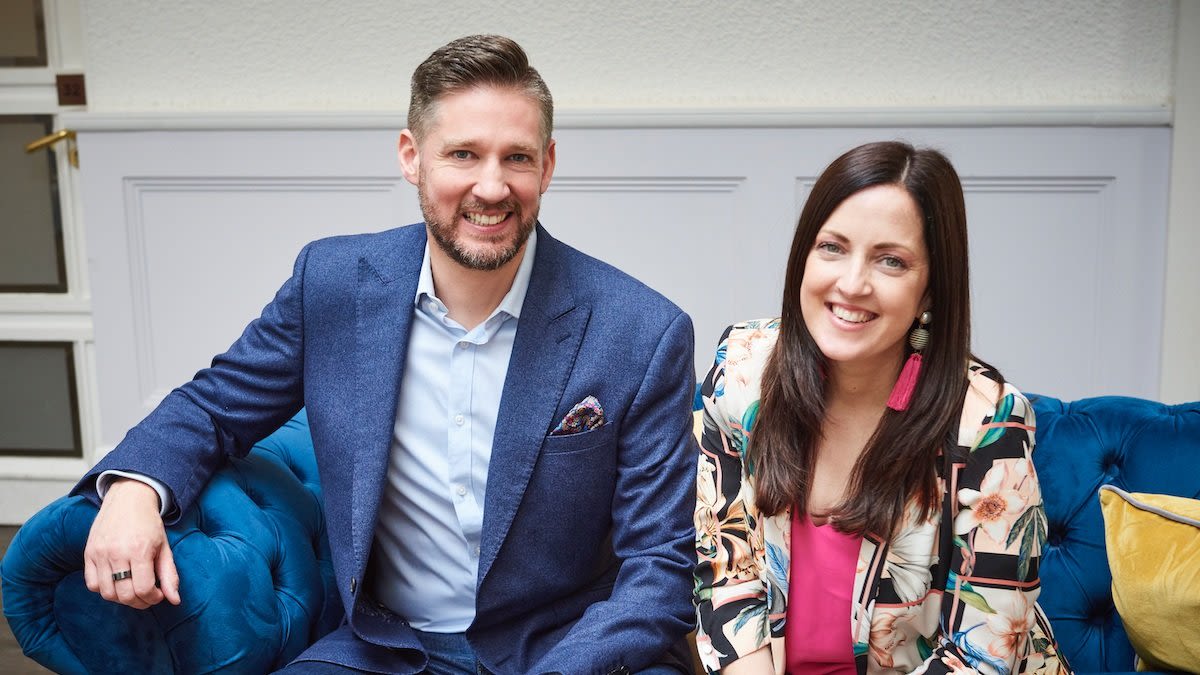
Kelly and Hester Grainger. Image courtesy: Perfectly Autistic
Kelly and Hester Grainger. Image courtesy: Perfectly Autistic
Ms Grainger set up Perfectly Autistic as an initial Facebook group after her husband, Kelly, was met with a negative response from his boss after receiving an ASD diagnosis.
“The reaction was just shocking really. He said, “well you don’t look autistic”, and laughed, she said of her husband’s experience.
Speaking from personal experience, Ms Grainger praises the scope of ADHD content on social media.
She said: “I think it’s hugely beneficial to have the information out there.
“When I started to look into things, I would then watch videos and think gosh, that really resonates.
“I think there’s a lot of content creators out there who do an absolutely brilliant job of showing exactly what ADHD looks like.”
Hester Grainger talks about self-diagnosis
Ms Grainger was diagnosed with ADHD at the age of 43 after she noticed certain traits in her children such as slower processing.
It was during her children's assessment process that Ms Grainger was first encouraged to seek out her own diagnosis.
"During that process, the psychologist said: "Oh you've obviously been diagnosed with ADHD, Hester" and I was like "No!"", she said.
Ms Grainger believes there is a “fine line” when it comes to the representation of ADHD on TikTok, and how certain tropes are pushed on the site.
“People sort of almost make out you’re a bit ditzy, you’re a bit forgetful, or “silly me”, I’ve got ADHD, instead of showing the actual struggles, but also the real benefits of having ADHD”, she said.
However, does it matter where we get our information from?
Mark Wilson thinks that the entire business model of social media like TikTok must be considered before we begin to make conclusions on the way information impacts people.
Mr Wilson believes the brains and agendas behind platforms such as Tik Tok are often disguised or forgotten when we access information.
He explains:
“It’s a business model about data collection. It isn’t an open town hall or marketplace for ideas, rather it gives admittance to that type of content.
“The problem is, who’s making those videos and what’s the quality of the data on those videos?”
Mr Wilson says clinicians must be aware of wider mental health dissemination on social media platforms because there can be significant impacts on patient care due to misinformation.
He adds clinicians themselves should also be wary of using the platform to share their expertise.
“There are notable people on there trying to do a good job thinking it’s a health promotion marketplace, forgetting it’s a data exchange business model”, he said.
However, Mr Wilson says: “From a humanist point of view I am for people having access to things that help them.”
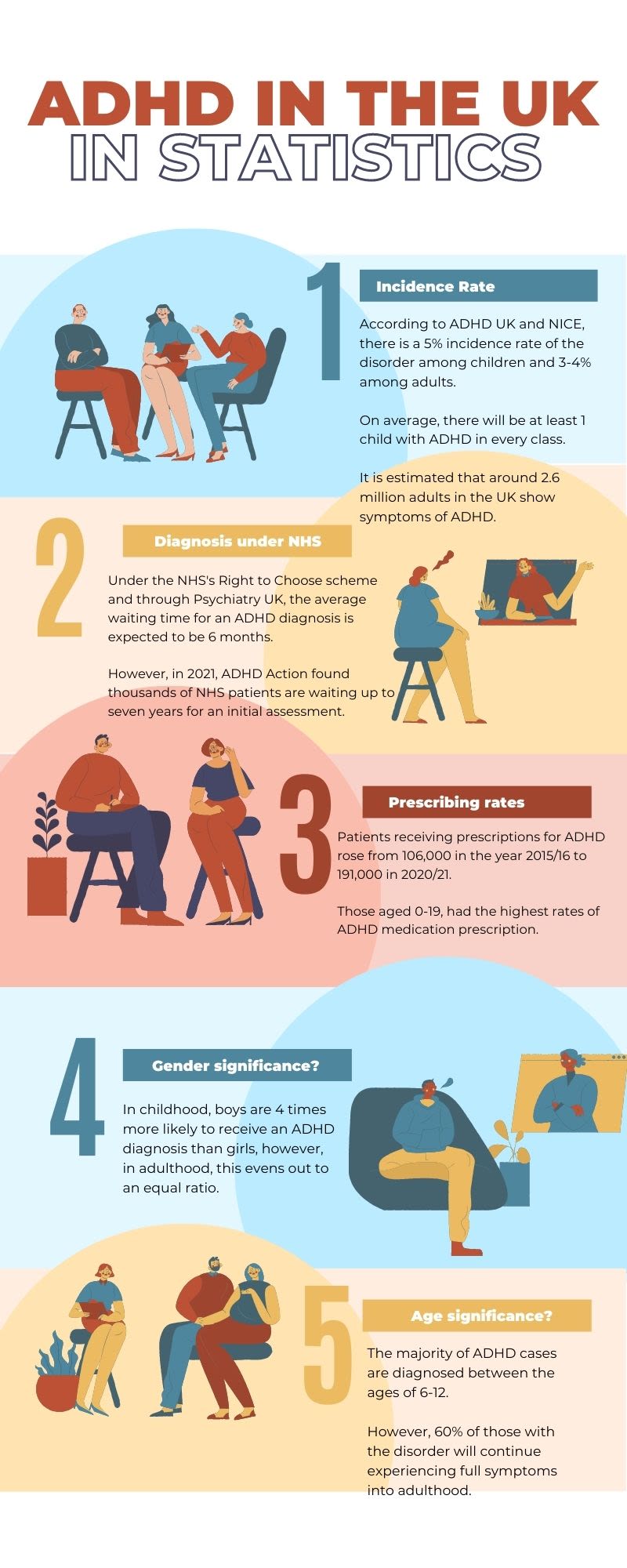
Jasmine Gurney, 29, a DIY content creator and marketing professional says you need not look further than the comments on these types of Tik Tok’s to see the good they are bringing.
Ms Gurney sought a diagnosis after seeing information about ADHD on TikTok.
She also notes: “It’s making people realise that maybe neurodiversity is actually normal and neurotypicality is the abnormality!
“Think about it, why is it normal to think linearly rather than having pistons firing off on all sides?”
Mr Wilson echoes this incentive: “I don’t know how much of a minority neurodiversity actually is.”
This leaves the question: why are people using TikTok as a diagnostic tool rather than participating in more traditional routes of mental health provision?
Is this simply an inevitable consequence of a lack of funding for NHS mental health services, or should we pay more attention to how this can be a product of our political economy which is so desperate to commodify human life?
The answer to these questions is person-specific and much more nuanced, but first, we require even further dissemination of what ADHD is and how we come to understand it. However, in some paradoxical way to these explorations, TikTok discourse may just be our saving grace.
